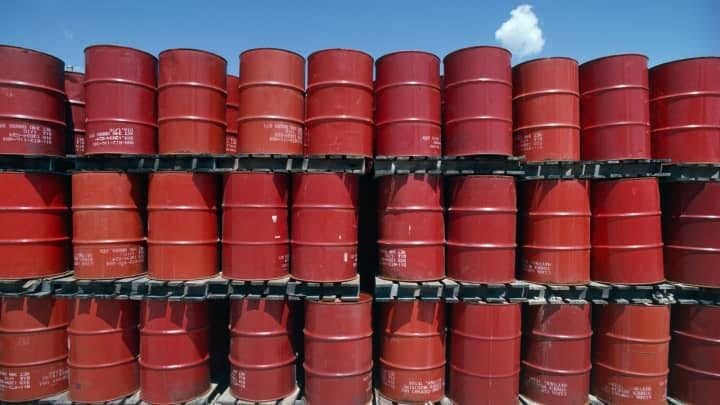Cameroon is poised to face a significant change in the affordability of petroleum products in 2024, following President Paul Biya’s announcement in his annual end-of-year address. The anticipated increase in the prices of these products comes as the country seeks to reduce its subsidy expenditures, which have placed a considerable burden on the state’s finances.
In 2023, the subsidy costs for Cameroon were around 640 billion CFA francs, approximately 1 billion dollars. This figure, though high, showed a reduction from the over 1,000 billion CFA francs (about 1.7 billion dollars) spent in 2022. President Biya highlighted the financial sacrifices the state has to make to maintain fuel pump prices at their current levels, which are significantly lower than those in neighboring countries. These sacrifices involve subsidizing the import of petroleum products, a practice that is increasingly seen as unsustainable.
The International Monetary Fund (IMF) has been advising Cameroon for years to cut back on its fuel subsidies, which accounted for an estimated 2.9% of the country’s Gross Domestic Product (GDP) in 2022. This advice aligns with the agreement reached in November between the IMF and Cameroon to extend their Economic Program until 2025. The program’s extension signifies a continued effort to stabilize and grow the nation’s economy, with a specific focus on reducing subsidy expenses.
In his speech, President Biya assured the nation that while subsidy reduction seems inevitable, the government will endeavor to ensure that any adjustments made will not significantly impact the purchasing power of households. This promise reflects an awareness of the potential effects such changes could have on the general population, particularly those with limited financial means.
Corruption and misappropriation of public funds were also addressed by President Biya, who vowed to intensify actions against these practices. Such measures are seen as essential for protecting public resources, which are critical for the nation’s development and the well-being of its citizens.
Cameroon’s economy has been facing inflationary pressures, with the inflation rate reaching an annual average of 7.8% by the end of September 2023. The National Institute of Statistics attributed this rise primarily to increases in food prices and transportation costs, which saw inflation rates of 12.8% and 11.5%, respectively. The rise in fuel prices is expected to further contribute to these challenges, affecting various sectors of the economy, including transportation and food production.
As Cameroon navigates through these economic changes, the balance between reducing state expenditures on subsidies and maintaining the purchasing power of its citizens will be a delicate one. The government’s decisions in 2024 will not only impact the immediate economic landscape but also shape the country’s long-term financial stability and growth.



